Evicting a tenant is never easy for a landlord, but sometimes protecting your rental and maintaining a peaceful living environment becomes necessary. In Maryland, the eviction process can take anywhere from 3 weeks to 5 months, depending on the reason for eviction.
If you're a landlord in Maryland, understanding the Maryland eviction process can help you handle these situations smoothly and legally. This article will cover the entire eviction process in Maryland, assisting you in understanding their rights and responsibilities every step of the way.
Guide to the Eviction Process in Maryland
The eviction process involves several critical steps, each of which must be followed precisely to ensure a lawful eviction. Here's a detailed look at each stage:
Terminating Lease with Legal Cause Notice
Maryland landlords can evict tenants for various reasons, such as non-payment of rent, lease violations, or illegal activities. The type of notice of eviction required depends on the reason for termination. Generally, there are three types of eviction notices used in Maryland:
Pay Rent or Quit Notices: Issued when a tenant fails to pay rent, giving the tenant a specified number of days to pay rent or move out.
Cure or Quit Notices: A landlord files a cure or quit notice when a tenant violates the lease terms, allowing a specific period to rectify the violation or vacate the rental property.
Unconditional Quit Notices: Used for severe lease violations, such as illegal activities, demanding the tenant vacate the rental property without the opportunity to correct the issue.
Serving a Tenant with an Eviction Notice in Maryland
Once you've determined the appropriate type of eviction notice, the next step is serving it to the tenant. In Maryland, you must follow specific procedures for delivering eviction notices:
Personal Delivery: Handing the written notice directly to the tenant.
Posting: Posting the notice on the tenant's door if the tenant is unavailable.
Certified Mail: Sending the notice via certified mail with a return receipt requested.
The type of eviction notice you must serve depends on the reason for the lease termination. Typically, there are four types of eviction notices used in Maryland:
10-Day Notice to Quit for failure to pay rent
60-day Notice to Vacate for the end of the lease or no lease.
30-day Notice to Comply or Vacate for lease violations.
14-day Notice to Vacate for imminent threat or severe harm.

It's crucial to record how and when the written notice was served, as this information may be required in court.
Filing for Eviction
If the tenant fails to comply with the eviction notice, the next step is to file for eviction in the District Court of Maryland. Here's how to proceed:
Filing a Complaint: Submit a complaint for wrongful detainer or failure to pay rent to the district court. You must provide details about the tenant, the property, and the reason for eviction.
Paying the Filing Fee: A fee is required to process the complaint. Fees vary depending on the type of eviction.
Summons Issuance: Once the landlord files the complaint, the court will issue a summons to the tenant, notifying them of the court hearing date.
Presenting Tenant Eviction Defenses in Maryland
Tenants in Maryland have the right to present defenses against eviction. Common defenses include:
Claiming that the landlord did not provide the correct notice of eviction or did not follow proper procedures.
Providing evidence that the rent was paid in full or the security deposit is overcharged.
Habitability Issues: Arguing that the landlord failed to address the rental unit's serious maintenance issues.
Attending the Court Hearing
The court hearing is a crucial part of the eviction process. Both the landlord and the tenant will have the opportunity to present their case.

Here's what to expect:
Presenting Evidence: Landlords should bring all relevant documentation, including the lease agreement, eviction notices, payment records, and any communication with the tenant.
Tenant's Defense: The tenant will present their defense and any supporting evidence.
Court's Decision: After considering both sides, the judge will make a decision. If the ruling favors the landlord, the court will issue a judgment for possession.
Obtaining a Writ of Restitution
If the court rules in favor of the landlord, the next step is to obtain a Writ of Restitution. This legal document authorizes law enforcement to remove the tenant from the property. Here's what you need to know:
Filing for a Writ: The landlord must request the Writ of Restitution from the court.
Execution by Law Enforcement: Once the writ is issued, law enforcement will serve it to the tenant and oversee the eviction process.
Conducting the Eviction
The final step in the eviction process is the physical removal of the tenant. This step is carried out by law enforcement.

Here's what typically happens:
Scheduling the Eviction: The landlord coordinates with law enforcement to schedule the eviction.
Removing Tenant's Belongings: Law enforcement supervises the removal of the tenant's belongings from the rental property.
Repossessing the Property: Once the tenant has been removed, the landlord can change the locks and take possession of the property.
Illegal Evictions in Maryland
Landlords must follow the legal eviction process. Attempting "self-help" evictions, such as changing locks, shutting off utilities, or removing tenant belongings, is illegal. Retaliatory evictions in response to tenants exercising their legal rights are also prohibited.
Additionally, the Fair Housing Act prohibits discrimination in housing-related activities, ensuring that all tenants are treated fairly regardless of race, color, national origin, religion, sex, familial status, or disability.
Final Thoughts
Evicting a tenant in Maryland involves navigating a complex legal framework. By understanding the steps involved and complying with state laws, landlords can ensure a smooth and lawful eviction process.
If you have specific questions or need assistance, seeking help from The Maryland and Delaware Group PM can be beneficial. Our team will help you in every step of the eviction process.
Disclaimer: Please note that the information provided in this blog is intended for general guidance and should not be considered as a replacement for professional legal advice. It is important to be aware that laws pertaining to property management may change, rendering this information outdated by the time you read it.


